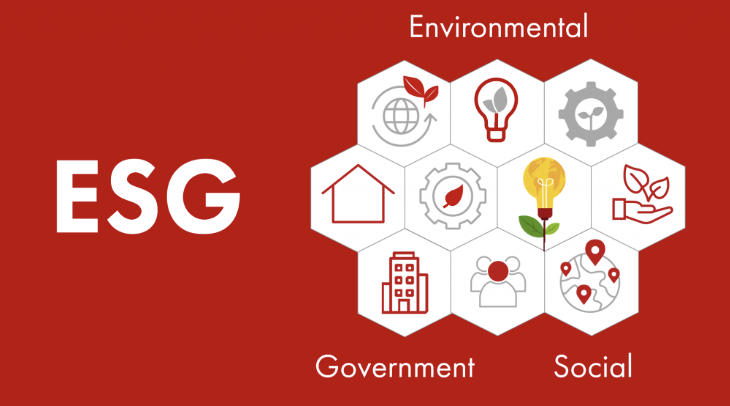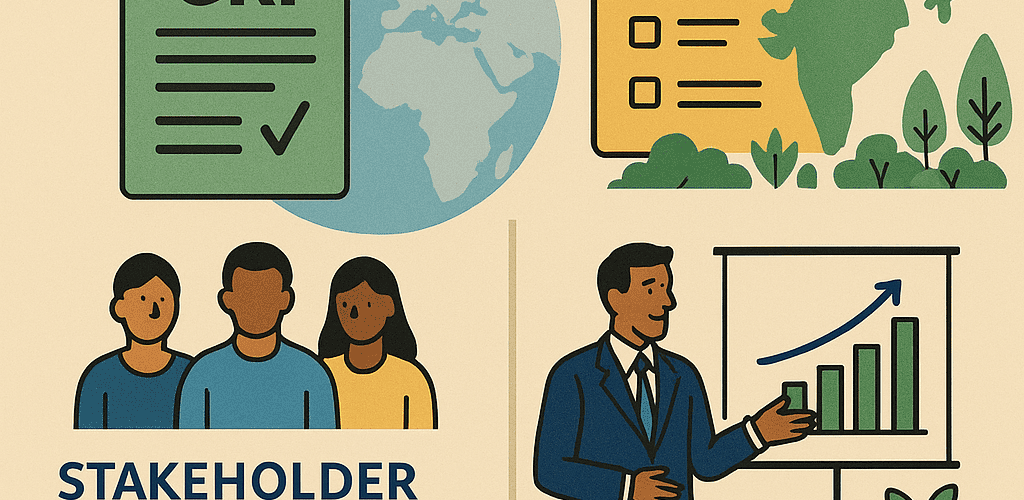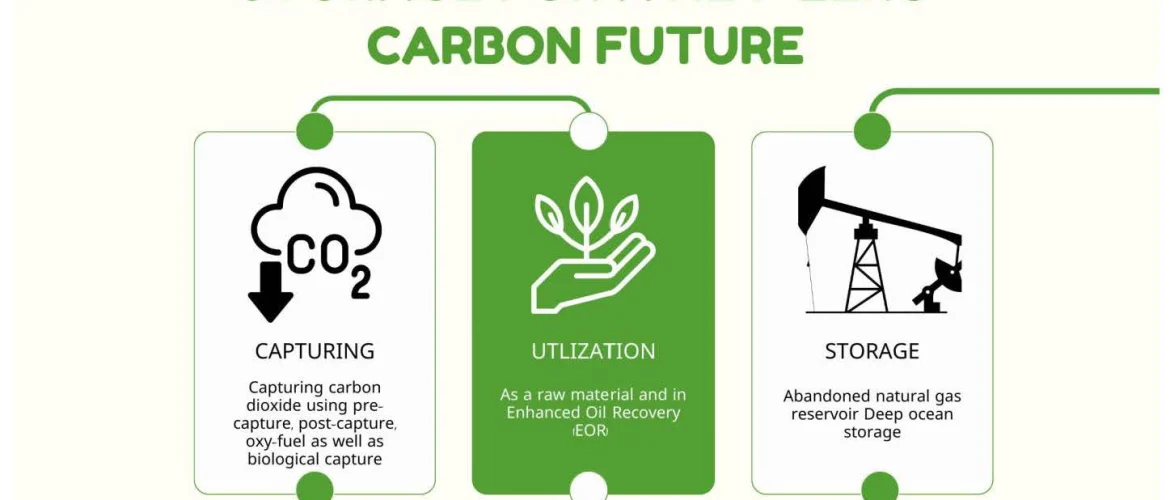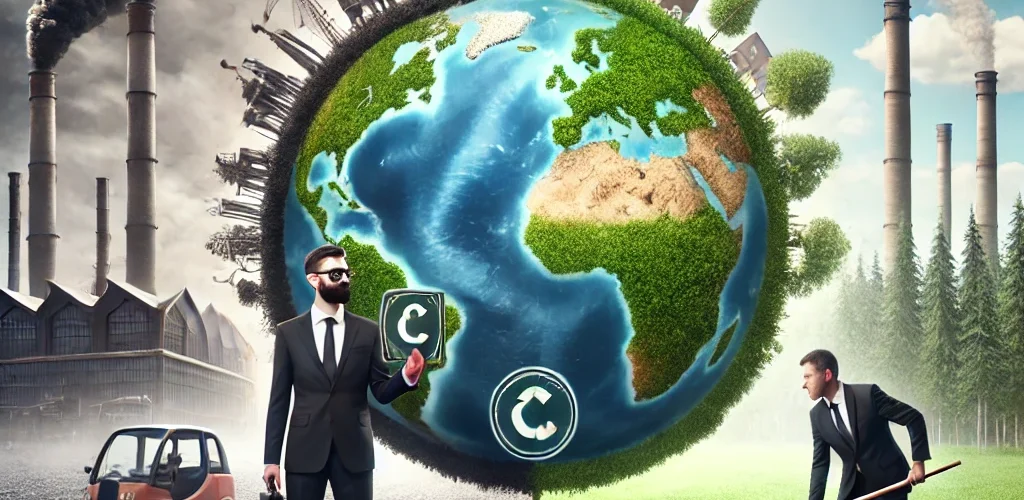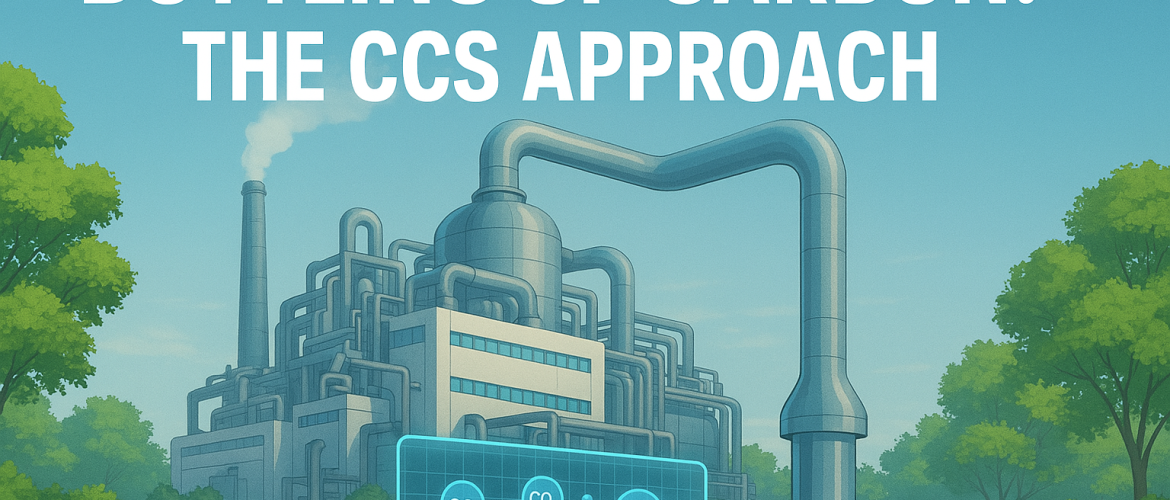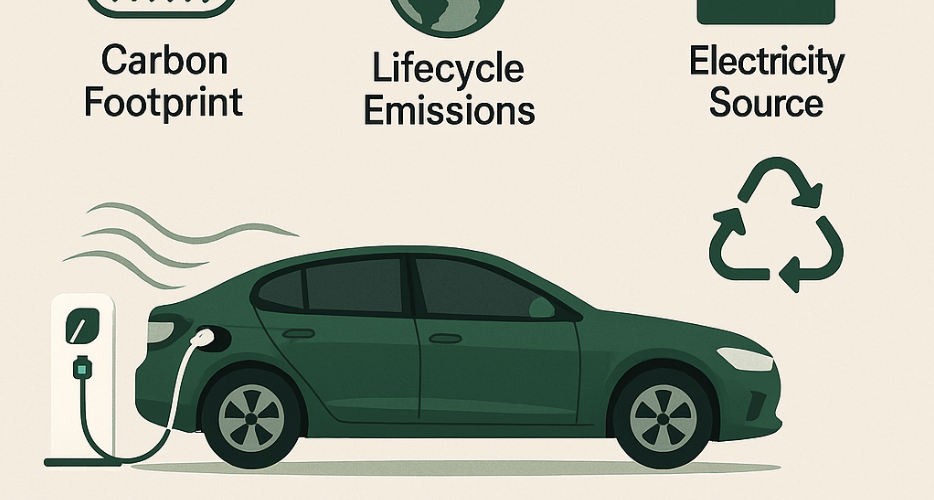Eco-Friendly Packaging in India: Trends Consumers Should Know About Introduction As environmental consciousness rises globally, eco-friendly packaging has emerged as a crucial component of sustainable consumption. In India, where waste generation is escalating due to rapid urbanization and e-commerce growth, the shift towards sustainable packaging solutions is both a necessity and an opportunity. Driven by regulatory mandates, ESG (Environmental, Social, and Governance) frameworks, and evolving consumer behavior, India’s packaging industry
Why ESG Is Not Optional Anymore: The Industrial Sector’s Role in India’s Green Goals Introduction In an era defined by climate urgency and stakeholder activism, Environmental, Social, and Governance (ESG) is no longer a corporate buzzword—it’s a business imperative. For India, a nation with ambitious net-zero goals by 2070, the industrial sector’s participation in ESG adoption is critical. With growing regulatory pressures and investor expectations, embracing ESG is not optional anymore—especially for
Top 3 Competitive Advantages of Investing in ESG Capacity Building for Your Workforce Environmental, Social, and Governance (ESG) capacity building – training employees in corporate sustainability practices – is no longer a “nice-to-have” but a strategic necessity. In India’s fast-evolving business landscape, companies face rising stakeholder expectations and new regulations (such as SEBI’s ESG disclosure norms). Studies show that a solid ESG program yields strong ROI and competitive edge. For example, 71% of global C-suite leaders
Beyond Numbers: How GRI and BRSR Are Shaping the Future of Sustainability Reporting in India
Sustainability reporting in India has come a long way. What was once seen as a voluntary exercise filled with lofty promises is now evolving into a structured, data-driven, and stakeholder-focused practice.
Two frameworks are leading this change: the Global Reporting Initiative (GRI) and Business Responsibility and Sustainability Reporting (BRSR) mandated by SEBI.
Together, GRI and BRSR
Introduction: Solar Power and the Net-Zero Challenge As the world grapples with the climate crisis, achieving net-zero emissions has become a top priority for governments, industries, and communities. The urgent need to reduce greenhouse gas emissions-primarily carbon dioxide from fossil fuel combustion-has turned the spotlight on renewable energy technologies. Among them, solar power stands out as a leading solution due to its abundance, sustainability, and decreasing costs. Solar energy, once considered a
🌐 Climate Lockdown: Capture in Action In the wake of the global pandemic, the world witnessed how swiftly and dramatically governments can impose lockdowns, reshape societies, and redefine “normal.” As we pivot from one global emergency to another—from health to environment—a new phrase has begun to emerge in policy discussions and media speculation: “climate lockdown.” But this isn’t some dystopian conspiracy. In fact, pieces of the concept are already being tested, implemented, and normalised across the globe.
Buying Green or Buying Time? : Reality of Greenwashing
In an age where sustainability is not just a buzzword but a business imperative, companies around the world are racing to market themselves as “green,” “eco-friendly,” or “sustainable.” But how much of this is real, and how much is simply an illusion crafted for better sales and public perception? Welcome to the world of greenwashing – a term that is becoming increasingly relevant in the modern corporate landscape.
What is Greenwashing?
Carbon Markets: Trading Solutions or Just Greenwashing? In an era of heightened awareness about climate change, carbon markets have emerged as a potential solution for reducing global emissions. But as the urgency to combat climate change increases, questions arise about the true effectiveness of these markets. Are carbon markets a legitimate trading solution that can help us meet our net-zero targets, or are they just another form of greenwashing, allowing companies to appear sustainable without making real changes? In
Introduction Climate change is one of the most pressing issues of our time, and reducing carbon emissions is critical to slowing global warming. While renewable energy sources like wind and solar are gaining traction, industries such as power generation, cement, and steel manufacturing continue to rely on fossil fuels. These industries account for a significant portion of global greenhouse gas (GHG) emissions. One solution that is gaining momentum is Carbon Capture and Storage (CCS)—a technology designed to
Are EVs Truly Zero Emission? Unpacking Their Full Environmental Impact Electric vehicles (EVs) have emerged as a cornerstone of the global shift toward clean transportation. Marketed as “zero-emission” alternatives to gasoline-powered cars, EVs have gained traction for their potential to combat climate change. However, the reality is more nuanced. While they produce no tailpipe emissions, the entire lifecycle of an EV—from raw material extraction to manufacturing, energy consumption, and disposal—reveals a broader environmental footprint. To understand the true impact



